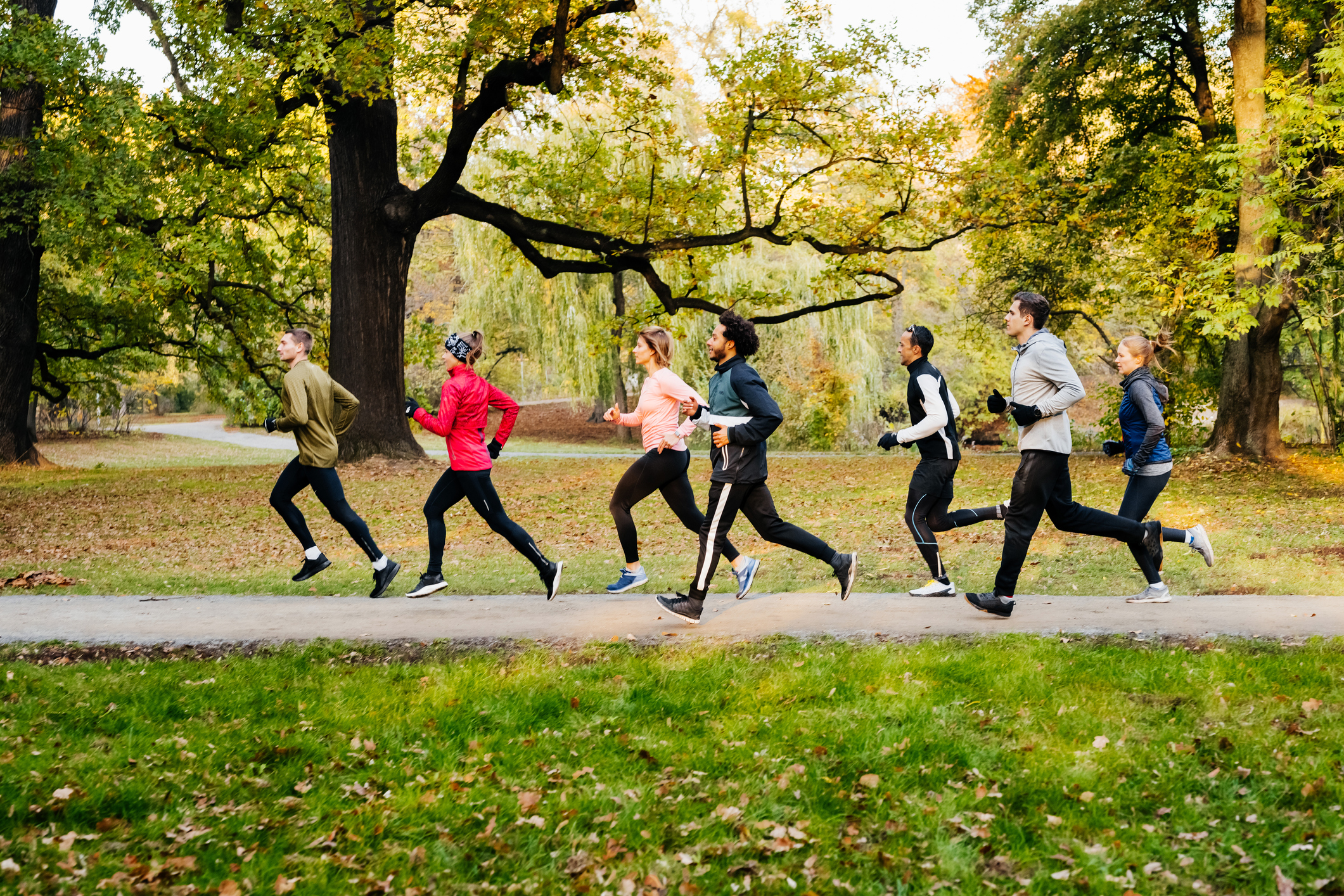The week's good news: May 11, 2023
It wasn't all bad!


A free daily email with the biggest news stories of the day – and the best features from TheWeek.com
You are now subscribed
Your newsletter sign-up was successful
1. This Georgia innovator is transforming dilapidated buildings into affordable housing
There's no building that can scare Marjy Stagmeier — show her a ramshackle apartment complex, and she sees the opportunity to provide hundreds of families with affordable housing. This Georgia resident and author of the new book Blighted is an affordable housing innovator, who has taken several rundown properties in the Atlanta area and turned them into safe places to live with fair rents. She launched her own nonprofit, Star-C, which offers after-school programs at the apartments, and partners with local schools, health clinics, and other organizations for residents. Affordable housing provides stability and influences a person's finances, education, and health, and Stagmeier told The Week it also allows families to stay in place and form important community relationships and trust to thrive. "Our tenants have consistency to meet their neighbors, network to find jobs, select careers, feel pride and happiness in their housing environment, no matter their income," she said, "rather than having to uproot and move every year and chase affordability."
2. FDA approves 1st RSV vaccine
The Food and Drug Administration on May 3 approved the first vaccine to prevent the respiratory ailment RSV, a milestone in the search for a way to protect older people from the virus. This shot was developed by the pharmaceutical company GSK, and a Pfizer vaccine for pregnant women and the elderly is also nearing approval. Most people with RSV, or respiratory syncytial virus, report having mild to moderate cold symptoms, but older people are more vulnerable; every year, more than 60,000 American seniors land in the hospital because of RSV. It can also be serious for babies, and those who struggle to breathe are often hospitalized in pediatric intensive care units. Regulators also now reviewing a monoclonal antibody treatment for babies developed by Sanofi and AstraZeneca.
The Week
Escape your echo chamber. Get the facts behind the news, plus analysis from multiple perspectives.

Sign up for The Week's Free Newsletters
From our morning news briefing to a weekly Good News Newsletter, get the best of The Week delivered directly to your inbox.
From our morning news briefing to a weekly Good News Newsletter, get the best of The Week delivered directly to your inbox.
3. In Oregon, this sports bar only plays women's games
When she opened The Sports Bra in Portland, Oregon, Jenny Ngyuen quickly realized she wasn't the only person interested in a bar where just women's sporting events are on TV. The bar has been in business since April 2022, and in its first year turned a profit, Nguyen told CNBC. It's hard to find women's games on at sports bars, and Nguyen was inspired to open her own establishment in 2018, after she asked a bartender at a nearly empty sports bar to turn on the NCAA women's basketball championship game, and he put it on the smallest TV with no sound. Nguyen said she is "risk averse," but her love of women's sports and desire to share it with others got her to invest her life savings into the bar. The Sports Bra is believed to be the first bar of its kind in the U.S, and Nguyen said knowing that this is a place where everyone feels welcome makes it all "worth it."
4. Brothers raise awareness about foster care system in all 50 states
Davon Woods and Tavon Woods want to ensure foster kids in the United States know there are people who have their back. The twin brothers from South Carolina have set a goal of walking 20 miles in all 50 states for foster youth. They grew up in the system, and Davon told Good Morning America that they didn't "know what love was. I never heard 'I love you.' Just so much hurt, so much anger. So instead of allowing our past to defeat us, we allow it to motivate kids all around the world." They started the organization Foster Kids Matter to support youth who are in the system or have aged out, and their plan is to open facilities to help current and former foster kids. They also have a program called Keeping It Fresh, and in every city they walk in, the brothers donate new shoes to foster kids. "We just want to boost their confidence," Tavon said.
A free daily email with the biggest news stories of the day – and the best features from TheWeek.com
5. Norway is leading the way in electric vehicles
In Norway, drive up to a gas station and you'll find more chargers than pumps. Last year, 80 percent of Norway's new car sales were electric, and the country plans to phase out gas-powered cars entirely in 2025. So far, "Norway's experience suggests that electric vehicles bring benefits without the dire consequences predicted by some critics," The New York Times reports. The air in Oslo is cleaner, with greenhouse gas emissions dropping 30 percent since 2009, and there hasn't been a big uptick in unemployment at gas stations or auto mechanics, or significant strain on the electrical grid. While there have been a few challenges, like new EV drivers struggling to learn how to plug in their cars, tax breaks and easily available charging stations "took away all the friction factors," Volvo Cars CEO Jim Rowan told the Times.
Catherine Garcia has worked as a senior writer at The Week since 2014. Her writing and reporting have appeared in Entertainment Weekly, The New York Times, Wirecutter, NBC News and "The Book of Jezebel," among others. She's a graduate of the University of Redlands and the Columbia University Graduate School of Journalism.
-
 Antonia Romeo and Whitehall’s women problem
Antonia Romeo and Whitehall’s women problemThe Explainer Before her appointment as cabinet secretary, commentators said hostile briefings and vetting concerns were evidence of ‘sexist, misogynistic culture’ in No. 10
-
 Local elections 2026: where are they and who is expected to win?
Local elections 2026: where are they and who is expected to win?The Explainer Labour is braced for heavy losses and U-turn on postponing some council elections hasn’t helped the party’s prospects
-
 6 of the world’s most accessible destinations
6 of the world’s most accessible destinationsThe Week Recommends Experience all of Berlin, Singapore and Sydney
-
 The week's good news: Jan. 18, 2024
The week's good news: Jan. 18, 2024Feature It wasn't all bad!
-
 The week's good news: Jan. 11, 2024
The week's good news: Jan. 11, 2024Feature It wasn't all bad!
-
 The week's good news: Jan. 4, 2023
The week's good news: Jan. 4, 2023Feature It wasn't all bad!
-
 The week's good news: Dec. 21, 2023
The week's good news: Dec. 21, 2023Feature It wasn't all bad!
-
 The week's good news: Dec. 14, 2023
The week's good news: Dec. 14, 2023Feature It wasn't all bad!
-
 The week's good news: Dec. 7, 2023
The week's good news: Dec. 7, 2023Feature It wasn't all bad!
-
 The week's good news: Nov. 30, 2023
The week's good news: Nov. 30, 2023Feature It wasn't all bad!
-
 The week's good news: Nov. 16, 2023
The week's good news: Nov. 16, 2023It wasn't all bad!
